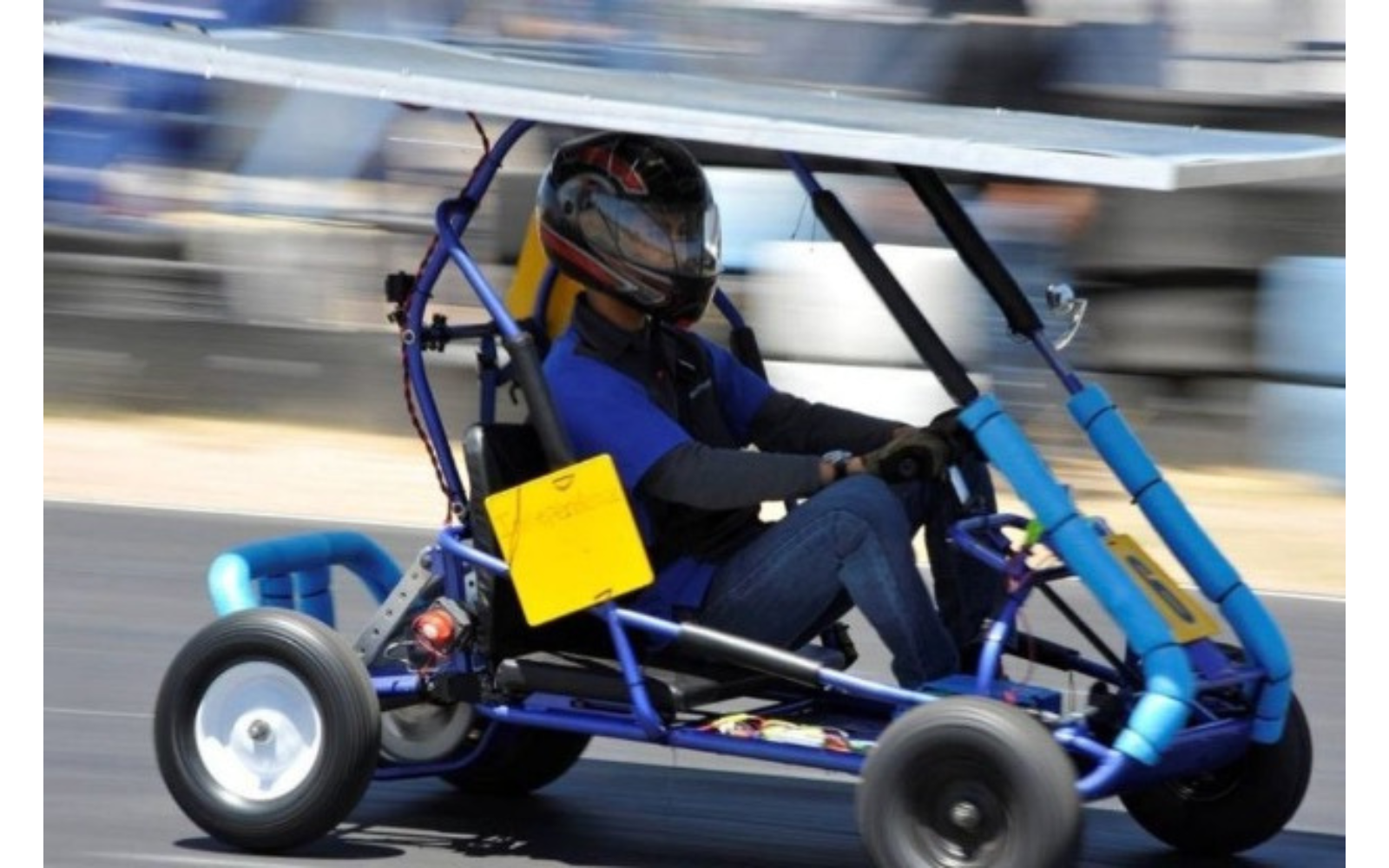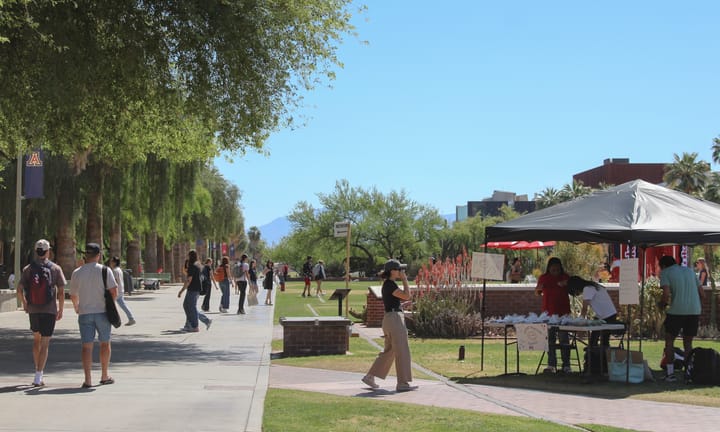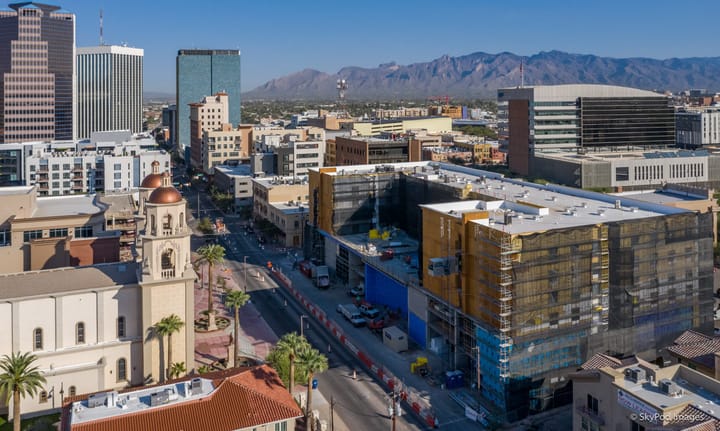SARSEF empowers Southern Arizona communities through STEM education
For 70 years, SARSEF has strengthened Southern Arizona’s communities through hands-on STEM education, breaking barriers and fostering future innovators.

After seven decades, the Southern Arizona Research, Science, and Engineering Foundation has become deeply woven into the fabric of Southern Arizona, empowering students, while building a stronger, more connected community.
Through hands-on learning and meaningful partnerships, the nonprofit has not only opened doors for future innovators, but also has earned the admiration of educators, families and local leaders who recognize its impact in shaping the region’s future.
SARSEF’s reach extends beyond students; it engages families, schools, and industry partners to create a robust support system for education.
The organization also takes pride in breaking down barriers for underrepresented students in science, technology, engineering and math.
“If a student needs transportation, SARSEF will find a way. If they need technology access, SARSEF will find a way,” said Cara Duncan Shopa, Program Manager for Societal Impact at the University of Arizona. “They are dedicated to making science and engineering accessible to every student, regardless of their background.”
The University of Arizona is a key partner in SARSEF’s mission, collaborating to bring more STEM opportunities to students across the region.
“The best research comes from strong collaborations with organizations like SARSEF, which have been deeply embedded in the community for decades,” Shopa said. “Through these partnerships, we’re building an educated workforce prepared to tackle challenges in health, environmental science, and beyond.”
Shopa said SARSEF provides students with real, legitimate science and engineering projects and that these hands-on experiences help students gain confidence and a sense of self-efficacy, and see themselves as capable of anything.
“It’s pretty powerful stuff,” Shopa said. “SARSEF has a strong commitment to serving marginalized and underrepresented students in our community. They create opportunities for students to come to campus, see people who look like them in STEM, and truly envision themselves walking that path in the future.”
Another key contributor is Pima Community College, which regularly hosts STEM-focused events, including Racing the Sun, an annual challenge where high school students design, build, and race solar-powered go-karts.
Greg Wilson, who has worked at Pima Community College for over 20 years, said Pima’s mission to empower learners aligns closely with SARSEF’s goal of developing future critical thinkers and problem solvers in science and engineering. By partnering with SARSEF, Pima aims to provide students with hands-on experiences that prepare them for careers in engineering.
Wilson also pointed out that SARSEF sparks the imaginations of students, opening their eyes to diverse career pathways
“SARSEF gives students an opportunity to meet peers who share their interest in science, while exposing them to career paths they may not have considered,” Wilson said. “It’s about taking what they learn in the classroom — physics, math, engineering — and applying it in real-world scenarios.”
This approach aligns closely with Pima’s mission to offer accessible technical training throughout a student's educational journey.
Students who attend Pima not only gain valuable engineering skills but also develop critical thinking and problem-solving abilities, which are essential for any profession, Wilson said, adding that community colleges serve as a vital resource for preparing students to contribute meaningfully to the workforce and their communities.
This hands-on learning approach makes an impression early on, helping students see themselves as capable scientists, engineers, and problem-solvers.
“The main point is that SARSEF really exposes students to career options and gives them the chance to do stuff with their hands,” Wilson said. “It’s a great experience.”
SARSEF CEO Julie Euber said the impact of the organization’s program runs even deeper, emphasizing that participation is about more than just winning awards — it’s about identity and confidence.
She said SARSEF’s programs foster scientific literacy and confidence, even for students who do not pursue careers in STEM-related fields. Regardless of the field they choose, Euber said she’s hopeful their experience with SARSEF helps them build a lifelong connection to science and problem-solving.
“What I hope students gain is the knowledge that there’s a whole community around them that cares and believes in their potential as scientists and engineers,” she said.
SARSEF is honoring its 70th anniversary with a free celebration Friday, February 7 in Bear Down Gym, the site of its first annual science fair. Attendees will experience stories from the past 70 years and get a preview of what SARSEF has in store for the future.
Angelina Maynes is a University of Arizona alum and reporter with Tucson Spotlight. Contact her at angelinamaynes@arizona.edu.
Tucson Spotlight is a community-based newsroom that provides paid opportunities for students and rising journalists in Southern Arizona. Please support our work with a paid subscription.




